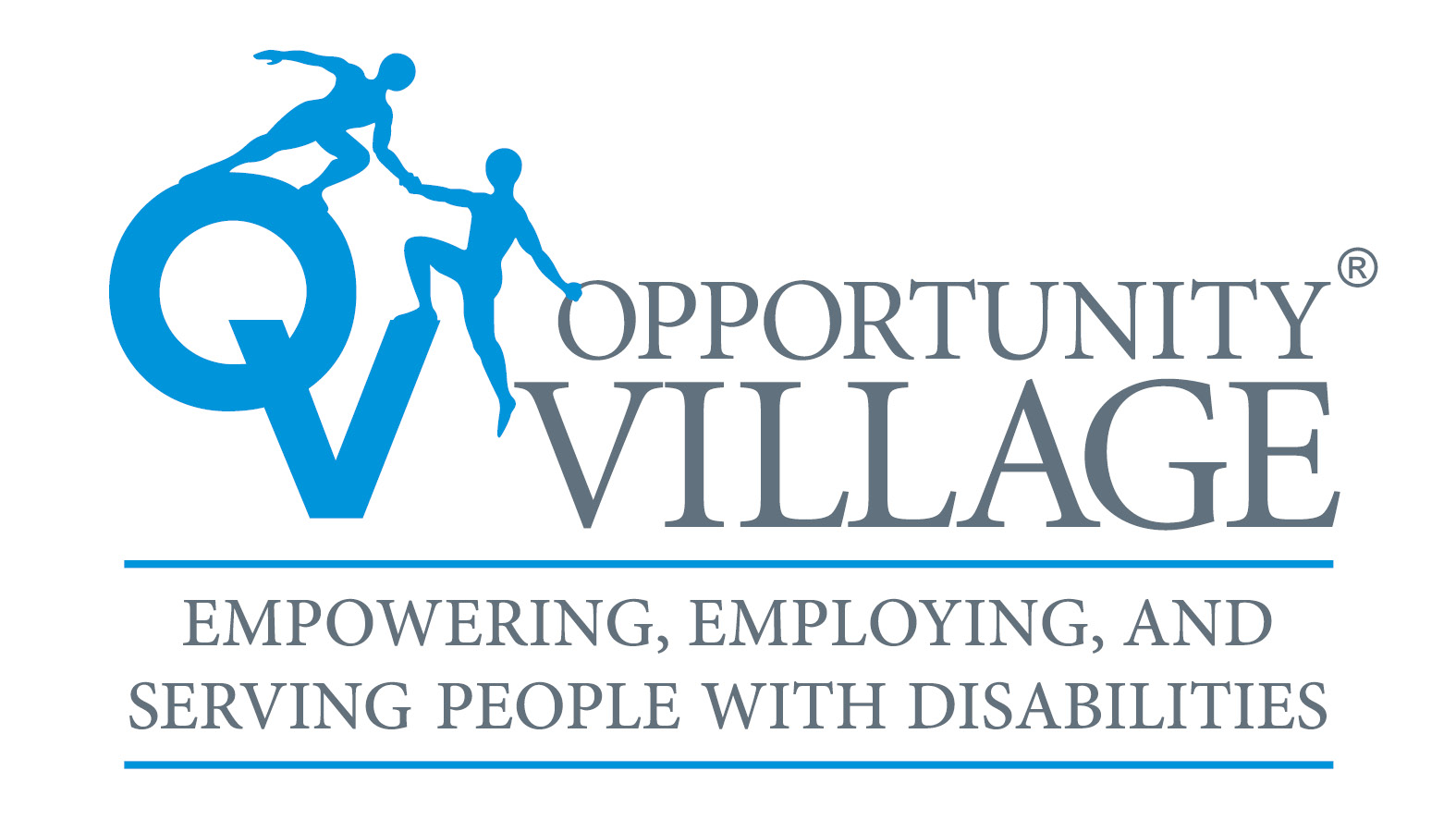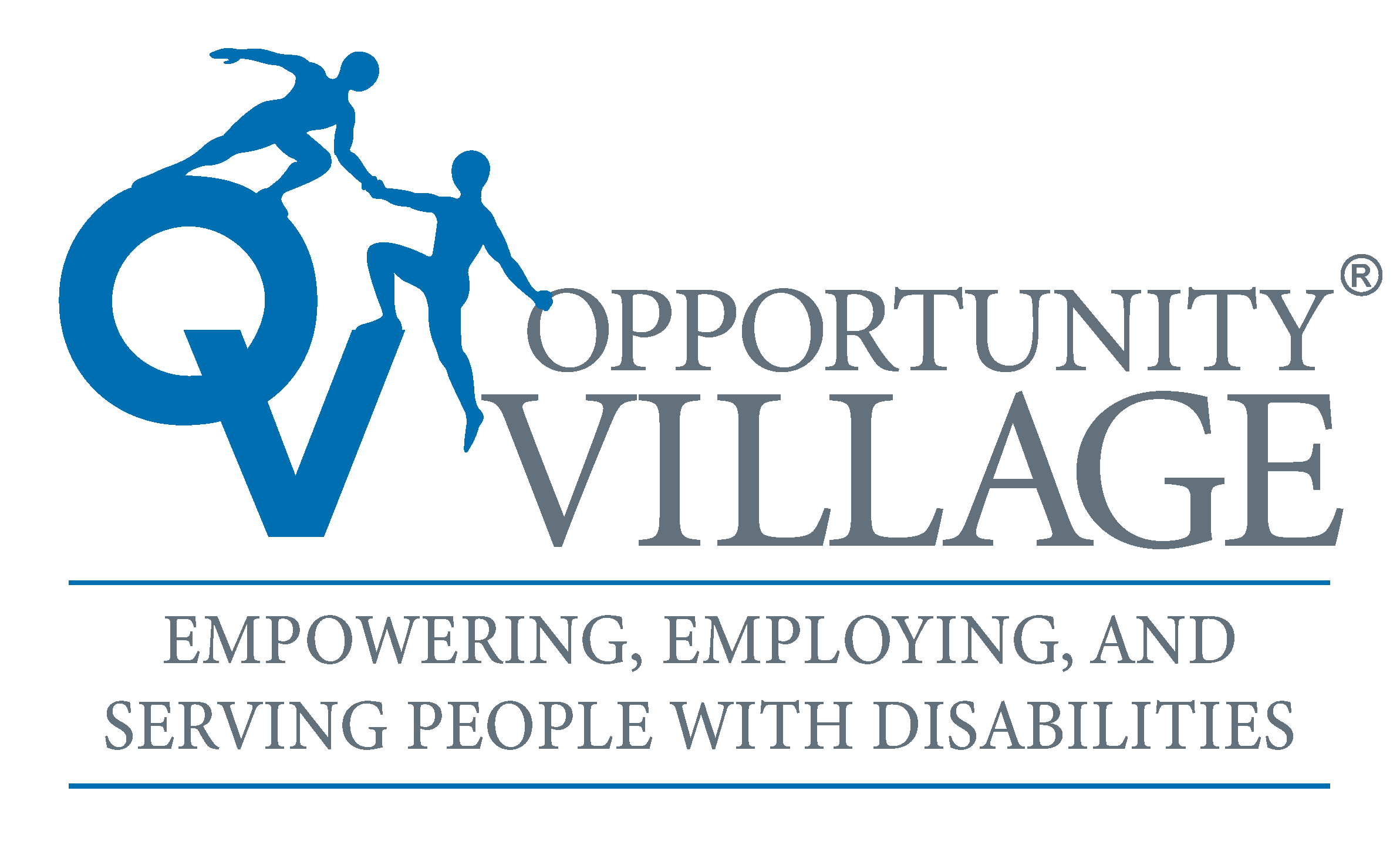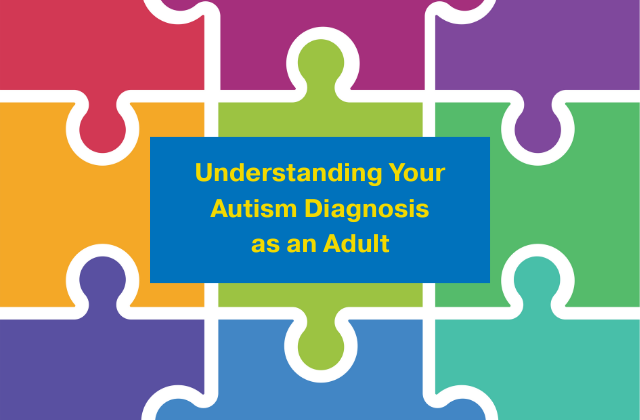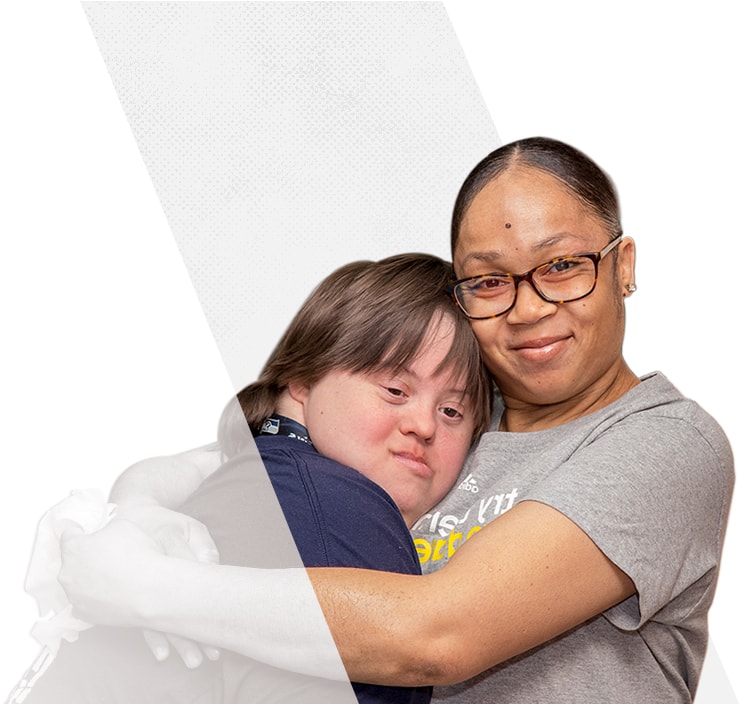Glossary
This glossary of terms serves to help individuals and their families to better understand common language they may see throughout their support journey. With a better understanding, families are better able to navigate programs, care plans, and support needs in order to maximize potential and positivity in the lives of those they love.
Ability
Ability refers to the state of being able to perform a task. This may include physical ability, mental ability, or even legal ability.
Accessible Playground (Adaptive Playground)
Playgrounds which meet all ADA regulations to ensure that individuals with or without disabilities are able to use and enjoy the play equipment.
Americans With Disabilities Act Of 1990 (ADA)
The 1990 Americans with Disabilities Act prohibits discrimination based on level of ability and outlines giving workers with disabilities reasonable accommodations.
Applied Behavior Analysis (ABA)
A scientific therapeutic approach to understanding and improving behaviors deemed socially significant often in individuals with autism.
Autism Treatment And Assistance Program (ATAP)
The Autism Treatment and Assistance Program provides temporary funding and assistance for young people on the autism spectrum. This statewide program is available to persons under the age of 20 with Autism Spectrum Disorder in Nevada.
Blindness
Blindness refers to conditions that limit or eliminate the ability to see. Blindness may be caused by congenital disease, injury, or illness.
Board Certified Behavior Analyst (BCBA)
Board Certified Behavior Analysts may work in schools, hospitals, nonprofit organizations, or clinics helping to influence the behavior of individuals with disabilities.
Case Management
Case management involves the monitoring, processing, and planning of various care services including healthcare, daily care, and employment needs.
Charity/Charitable
Charities are organizations that set out to provide goods or services to those in need. Resources are given voluntarily by the public to the charity who then uses funding to contribute to their cause.
Cognitive
Referring to the act of perceiving or knowing. Cognition may include emotional response and regulation, problem solving, learning, and other higher level functions of the brain.
Communication Device
Communication devices are pieces of equipment that allow for smooth communication without having to use verbal speech. These devices may be used permanently or temporarily.
Compensatory Tools
Technologies with assistive software or hardware that aid people with disabilities to use computers to complete tasks such as reading, writing, or communicating.
Developmental Disability
Developmental disabilities refer to a group of mental or physical conditions that lead to impairments before adulthood. These may lead to difficulties in areas such as reading, writing, mobility, or independent living among others.
Direct Support Professional
Direct support professionals aid individuals with disabilities to navigate everyday life. They may assist in daily living tasks, enhance community inclusion, and encourage positive behaviors.
Disability
Disabilities are conditions that affect an individual’s ability to engage in activities, tasks, or participation. A disability may be physical or mental in origin.
Document Of Disability (DOD)
Medical documentation that outlines any illness or injury leading to an individual’s disability. Also referred to as proof of disability documentation.
Emotional Disability
Those with emotional disabilities experience significant emotional challenges which may require hospitalization, may affect their ability to work, and affect their everyday life. Emotional disabilities may include conditions like depression or anxiety.
Foundation
An organization established with an endowment dedicated to financing charity or research. Foundations are established on a permanent basis.
Functional Assessment
A person’s functional ability status is documented using a functional assessment. These may be used to determine what is causing certain challenging behaviors.
Fundraising
During fundraising, financial support is sought to support an organization or charity. Fundraising is an essential part of raising revenue for nonprofit organizations.
Guardian
A guardian is charged with looking after and making decisions for another person referred to as their protected person. Guardians may monitor day to day care of their protected person.
Habilitation
Habilitation programs are designed to help people with disabilities to retain or improve skills that will assist them in daily life.
Handicap
Handicaps are conditions that restrict a person’s ability to function in daily life. A handicap may be physical, mental, emotional, or social in nature.
Inclusion
The act of being included within a structure or group. Inclusion will provide equal access and opportunities to resources to individuals who may otherwise be excluded.
Inclusive Housing
Housing that is inclusive to those with different life experiences, income levels, and physical or mental needs. Inclusive housing provides housing resources to those who may be otherwise excluded.
Individual Support Plans (ISP)
Individual Support Plans, or ISPs, outline the most important goals for individuals with disabilities so support teams can better focus on these areas.
Intellectual Disability
Disabilities that affect or limit cognitive function and skills are considered intellectual disabilities. Skills affected may include reading, writing, communicating, behavior, or problem solving.
Job Readiness Assessment
Job readiness assessments determine the strengths and challenges of a person with disabilities as they relate to their ability to work.
Licensed Behavior Analyst (LBA)
A Master’s level health professional who provides behavioral health therapies or treatments to individuals with autism spectrum disorders.
Mobility Impairment
A mobility impairment is an impairment that affects the function or movement in the limbs. This will also include fine motor impairments.
Motor Skills
Movements of the body’s muscle systems used to perform certain tasks. Tasks may include walking or running, when the nervous and muscle systems have to work in unison.
Non Profit
With a separate legal entity from not for profit organizations, nonprofits use funding to further causes for the public good. Nonprofits may have paid employees, but payment does not come from donated funding.
Not For Profit
Not for profit organizations do not make money for organization owners. These organizations use all funds to further organization objectives. They are not operated with the objective of earning revenue.
Option 2 Diploma
A locally issued high school diploma award given to adults aged 22 or older and available through approved educational institutions.
Personal Care Attendant
As part of a client’s established plan of care, a personal care attendant provides care services such as hygiene, dressing, grooming, and daily routine.
Personal Care Plan (PCP)
Personal care plans outline a person’s health condition, current treatments for care, and needs for maintaining adequate care.
Qualified Individual With A Disability
With or without reasonable accommodation, a qualified individual with a disability is a person who has the skills, experience, or education required for a job.
Reasonable Accommodation
Reasonable accommodations are modifications made to a job or work environment in order to allow individuals with disabilities to carry out their daily professional tasks.
Registered Behavior Technician (RBT)
These paraprofessionals work closely with individuals or groups with behavioral challenges and disabilities. They may also collect data to contribute to care plans or treatment protocols.
Respite Care
Respite care is provided on a temporary basis to look after care of an individual so daily caretakers may be given a period of relief.
Situational Work Assessments
Situational work assessments provide valuable insight to individuals with disabilities into what types of jobs or work environments may work best with their specific skills or interests.
Social Enterprises
Social enterprises are a type of non-profit organization that generates revenue in support of a cause. Profits are generated to support a societal need.
Socialization
Socialization refers to one’s learning to behave in an acceptable manner in social situations. Types of socialization may include re-socialization, primary socialization, and developmental socialization.
Tax Deduction
Provisions that reduce taxable income for any reason are considered to be tax deductions. Charitable donations to nonprofit organizations may be considered tax deductions.
Trainee
Any person going through training for a job, profession, qualification, or position is a trainee under the guidance of the trainer from whom they are learning.
Vocational Rehabilitation Act Of 1973
The Vocational Rehabilitation Act of 1973 prohibits the discrimination of persons with disabilities in programs carried out by federal agencies, programs who have received federal assistance, or those who have received federal funding.
Vocational Training
Vocational training and education works to prepare individuals for employment in fields related to specific trades, roles, occupations, or vocations.
Workforce development
Training programs that provide prospective and current workers with the skills needed to carry out the necessary tasks of their profession. Trainees learn to meet current or future workplace demand.







